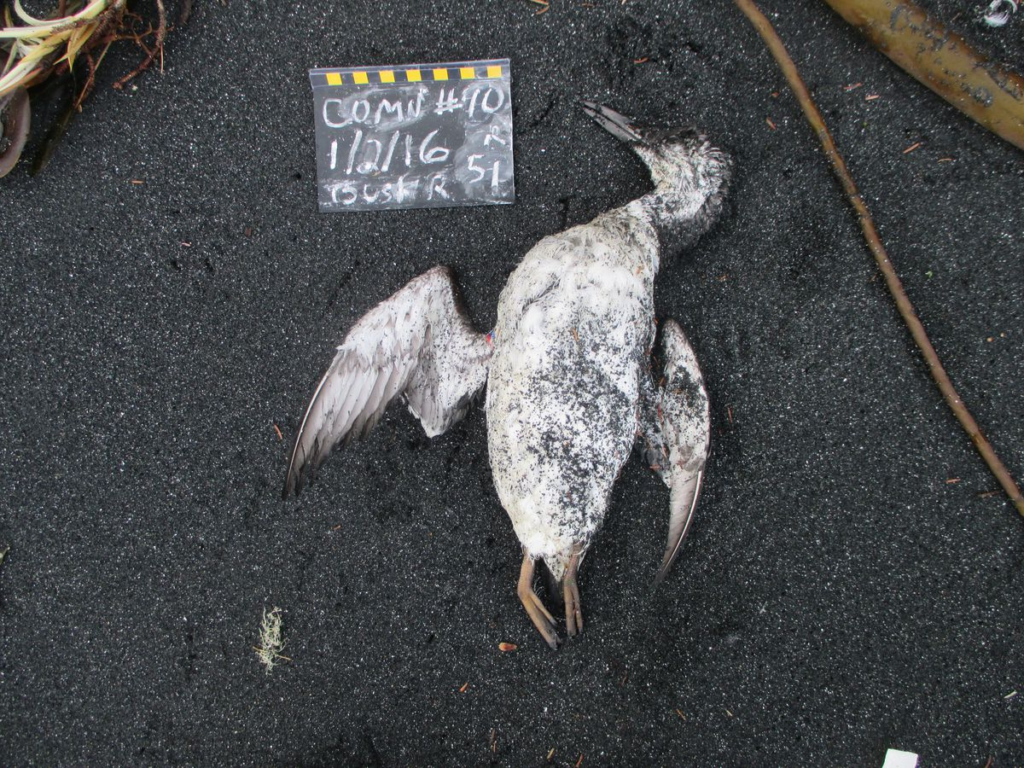Scientists say they now better understand how a Pacific Ocean heat wave known as “the blob” contributed to huge numbers of common murres dying across a swath of Alaska’s coastline in 2015 and 2016.
In 2014, the blob spread through waters up and down the Pacific coastline. The warmer water disrupted the seabirds’ food supply, leading to starvation, according to a new study published Wednesday in the journal PLOS One.
In warm water, the small fish that make up the diving bird’s diet suffered, the study reported. The murres also faced more competition with larger fish that eat the same thing, according to John Piatt, lead author of the study and a research biologist with the U.S. Geological Survey and the Alaska Science Center.
During a period of months in 2015 and 2016, scientists documented around 62,000 murres washed up on beaches from Southern California to the Gulf of Alaska.
For the full article published in the Anchorage Daily News see: https://www.adn.com/alaska-news/science/2020/01/15/pacific-seabird-die-off-linked-to-a-warm-water-blob-study-says/



